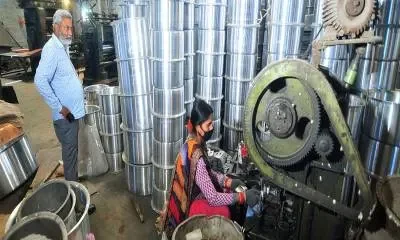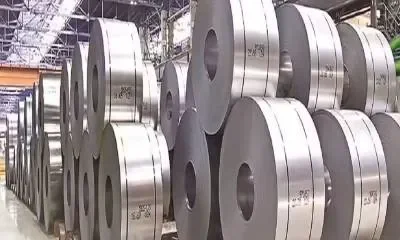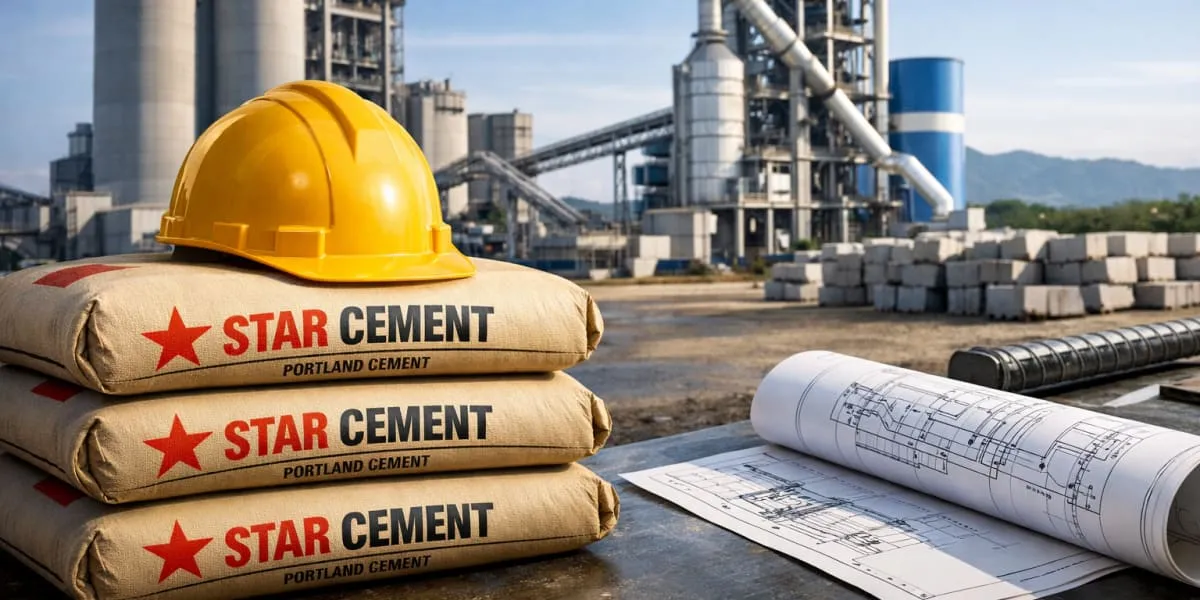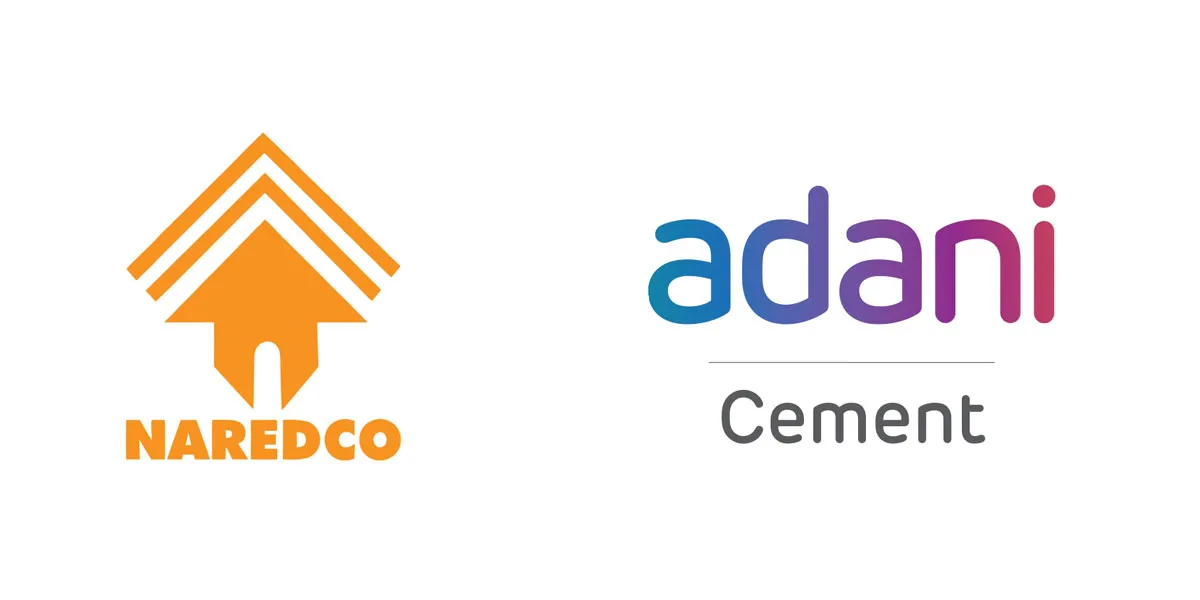India’s steelmakers, facing severe financial stress due to rising imports of cheap steel from countries like China, Japan, South Korea, and Vietnam, are calling on the government to impose a temporary tax to protect the domestic industry. The Indian Steel Association (ISA), which represents major steel producers such as JSW Steel, Tata Steel, and the Steel Authority of India (SAIL), is pushing for urgent action to curb what it sees as a flood of steel imports at predatory prices that threaten the survival of the domestic industry.
The ISA’s latest presentation to the Directorate General of Trade Remedies (DGTR), a branch of the federal trade ministry, highlights the impact of cheap imports on Indian steelmakers, particularly in key segments such as hot-rolled steel, coated steel, and steel plates. According to the ISA, these imports have displaced a significant portion of the domestic market share, leading to a loss of 17% in the hot-rolled segment, 20% in coated steel, and 19% in the plates segment. This surge in imports, particularly from countries with surplus steel production, has forced Indian mills to reduce their prices, putting additional strain on their financial health.
The ISA has also pointed out that countries like Vietnam, which was once an importer of Indian steel, have now become exporters of steel to India. This reversal in trade dynamics is contributing to the over-saturation of the Indian market with cheap steel, further exacerbating the financial difficulties faced by local producers. In response, the Indian government launched an anti-dumping investigation into steel imports from Vietnam, which is still ongoing. The ISA argues that such measures are necessary to protect the integrity of India’s domestic steel industry.
India, the world’s second-largest crude steel producer, has seen a sharp rise in steel imports, with finished steel imports reaching a seven-year high of 5.7 million metric tons between April and October of the current fiscal year. This increase in imports has led to a significant drop in the margins of Indian steelmakers, with some mills reporting losses of up to 91%. The financial stress caused by cheap imports is also affecting the ability of steelmakers to invest in new capacity expansions, raising concerns about the long-term growth prospects of the industry.
JSW Steel, India’s largest steelmaker by capacity, has already reported a third consecutive quarterly decline in profits, citing the impact of rising imports on domestic steel prices. Tata Steel and SAIL have also expressed concerns over the declining margins and reduced profitability, urging the government to step in and impose temporary safeguard duties to counter the influx of cheap foreign steel.
The ISA is lobbying for the government to implement a safeguard duty, which would temporarily increase tariffs on imported steel. This move is expected to protect domestic producers from the surge in low-priced imports and provide them with a level playing field to compete in the domestic market. The proposed safeguard duty would apply to imports from countries such as China, South Korea, Japan, and Vietnam.
The Indian government has already implemented various protective measures, including anti-dumping duties on certain steel products from China and South Korea. However, the ISA argues that these measures have not been sufficient to stem the tide of cheap imports, and a safeguard duty would offer additional protection to the struggling domestic steel industry.
Industry experts suggest that the government needs to take a more proactive approach to safeguard the interests of domestic steel producers. Without such measures, they warn that India’s steel sector could lose its competitive edge in the global market, further harming the economy.


 Economy & Market4 weeks ago
Economy & Market4 weeks ago
 Economy & Market4 weeks ago
Economy & Market4 weeks ago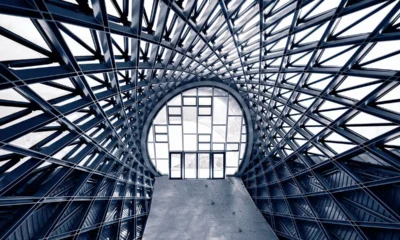
 Concrete1 month ago
Concrete1 month ago
 Concrete1 week ago
Concrete1 week ago








